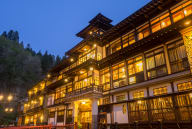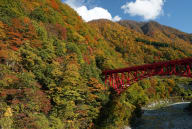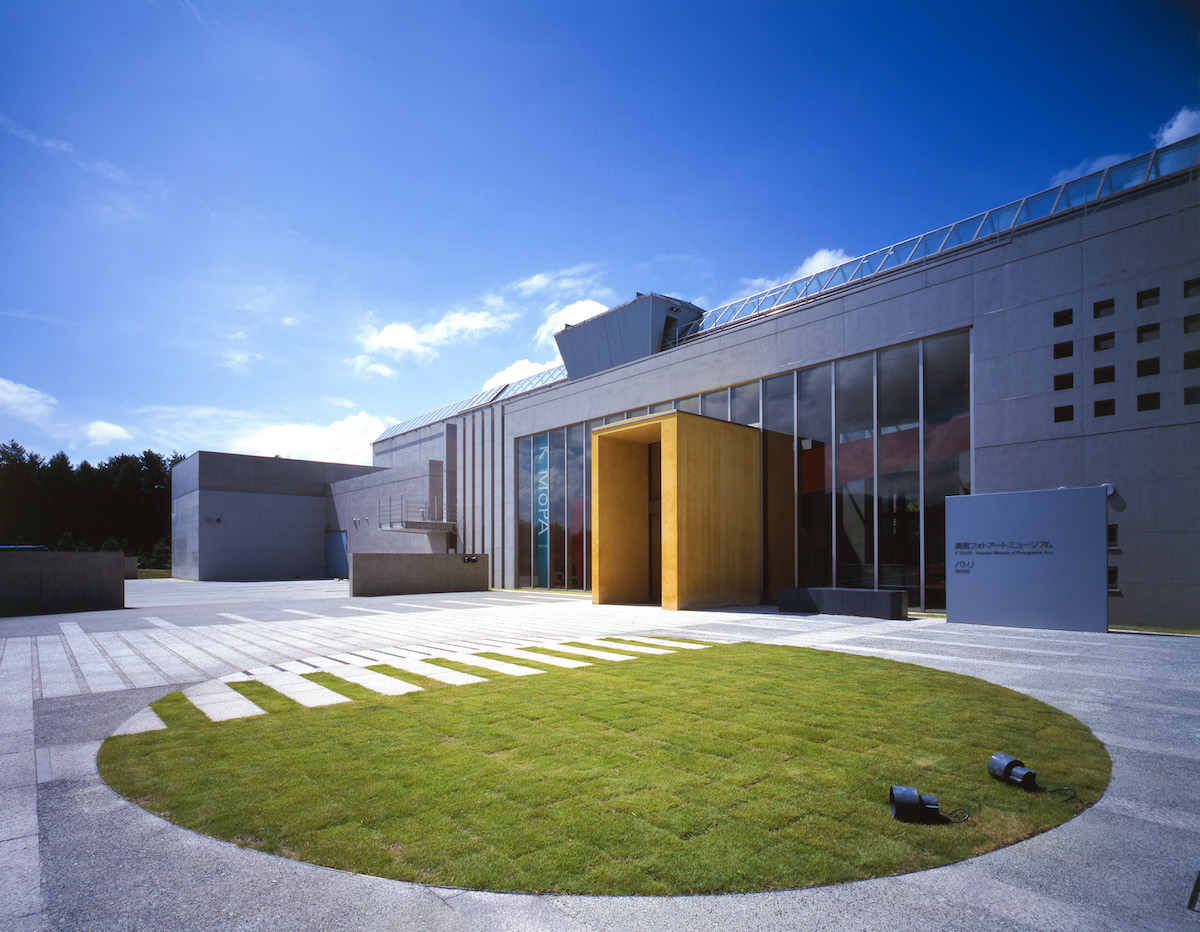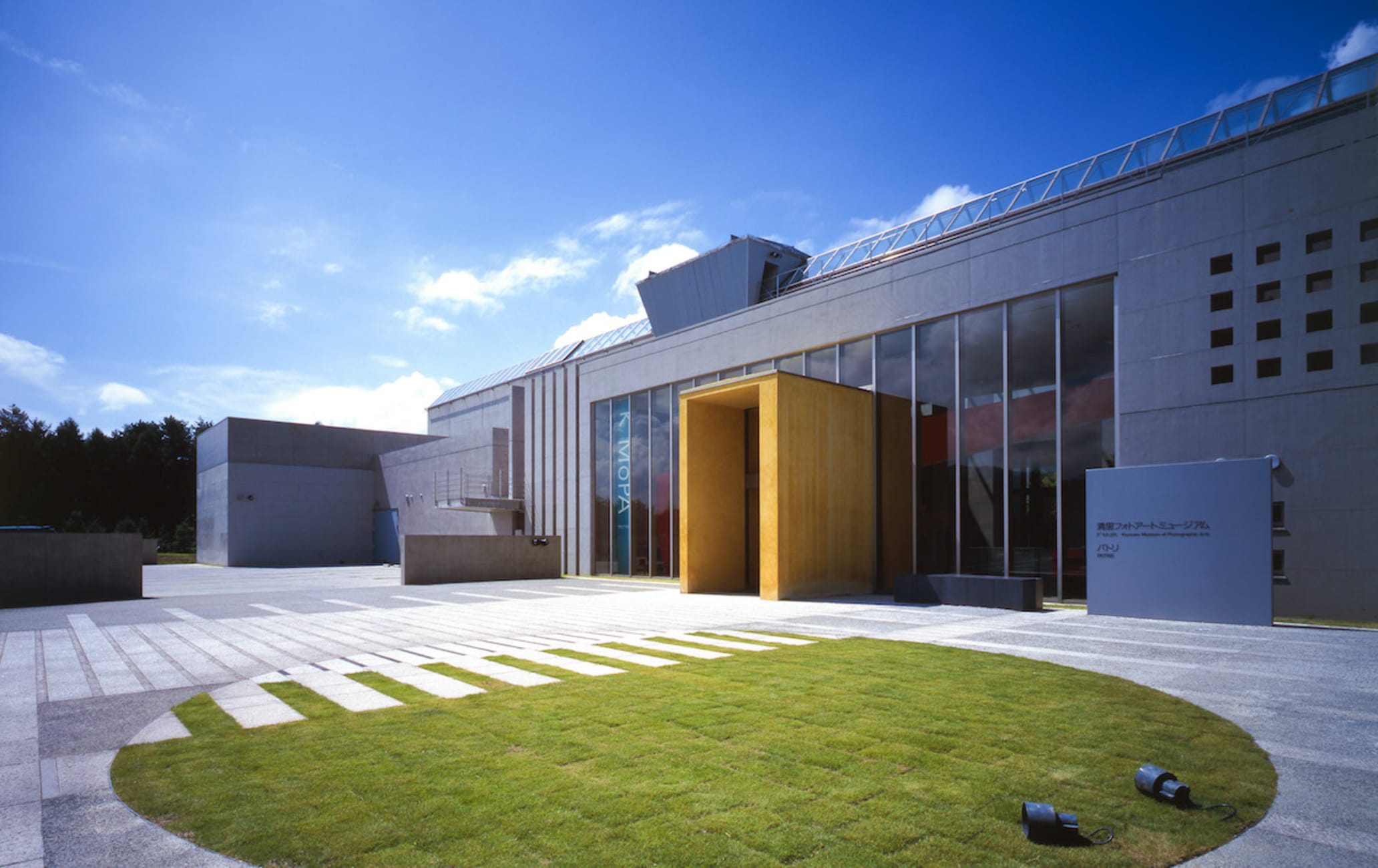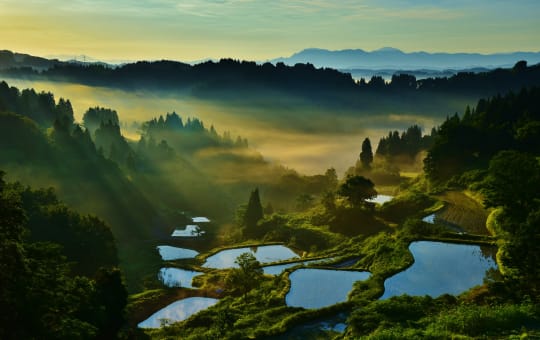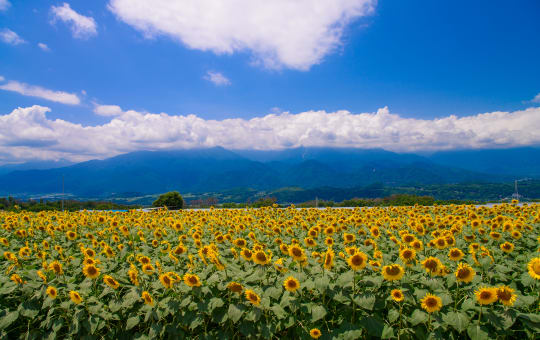Meisterliche zeitgenössische Fotografie sowie Platindrucke aus der ganzen Welt
Das Museum für Fotokunst Kiyosato (K*MoPA) wurde 1995 im tiefen Grün und in der sauberen Luft des Kiyosato-Hochlandes als eine der Fotografie gewidmete Einrichtung eröffnet. Das Museum sammelt und stellt Werke aus, die auf drei grundlegenden Prinzipien basieren.
Das Museum ist bestrebt, die Beziehung zwischen den Menschen durch die Fotografie zu vertiefen und junge Fotografen aus aller Welt zu unterstützen. Es sammelt und stellt Werke ab dem Jahr 1900 und darüber hinaus aus.
Das Museum ist barrierefrei, rollstuhlgerecht und bietet einen kostenlosen Rollstuhlverleih.
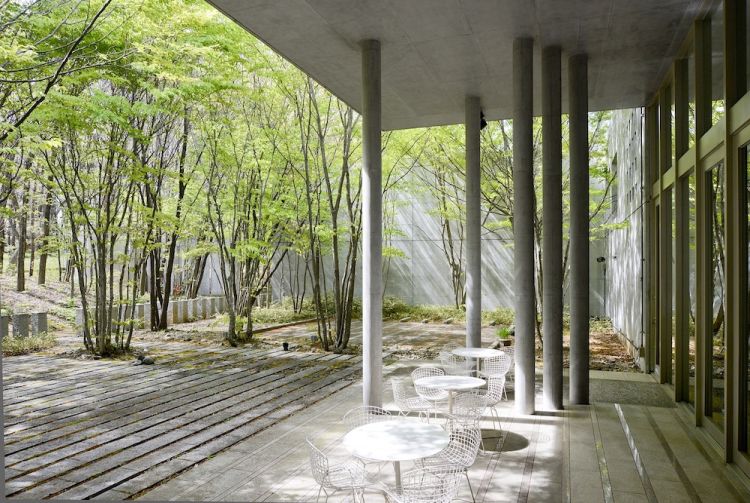
©KMoPA
Anfahrt
Sie können das Museum per Bahn und anschließend Taxi erreichen.
Nehmen Sie die JR Chuo Line zum Bahnhof Kobuchizawa und steigen Sie dort auf die JR Koumi Line zum Bahnhof Kiyosato um. Von dort ist das Museum per Taxi in 10 Minuten erreichbar.
Eine einzigartige Philosophie
Eines der drei Grundprinzipien von K*MoPA ist die "Bejahung des Lebens". Das Museum bietet einen Platz für alle Kunstwerke, die die grenzenlose Fähigkeit des Lebens zur Empathie feiern, unabhängig von der Methode, dem Thema oder dem Medium des Kunstwerks.
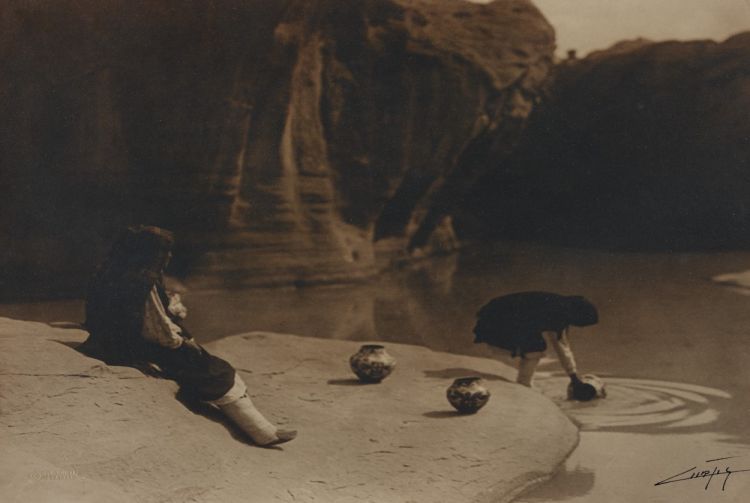
Edward S. CURTIS《At the old well of Acoma, Keres》ca. 1904
Platindrucke
Das zweite Grundprinzip ist das Sammeln von Platindrucken, einer klassischen Technik, die im 19. Jahrhundert erfunden wurde und sich durch elegante Farben und Widerstandsfähigkeit auszeichnet. Das Museum sammelt und stellt eine breite Palette klassischer und zeitgenössischer Werke aus Japan und dem Ausland aus, in der Hoffnung, diese brillante Technik für künftige Generationen zu bewahren.
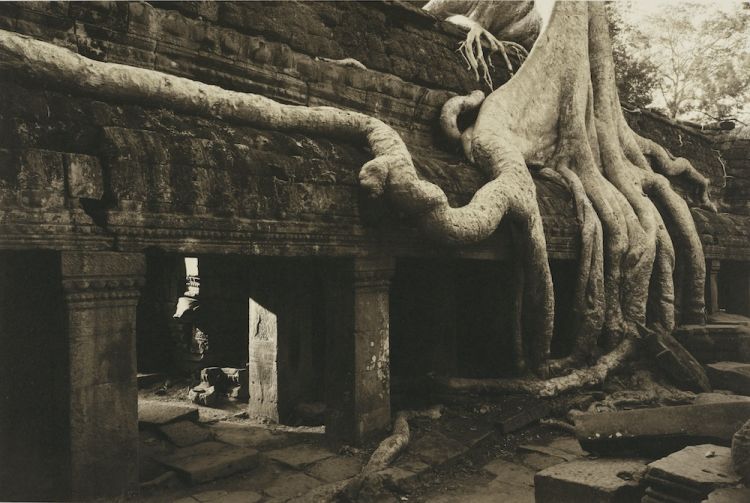
Kenro Izu 《Angkor#158, Ta Prohm,1994》 (c)Kenro Izu
Unterstützung junger Fotografen
Das dritte Grundprinzip ist die "Young Portfolio"-Initiative, mit der einzigartige Werke von leidenschaftlichen jungen Fotografen aus der ganzen Welt gesammelt und bewahrt werden. (K*MoPA) ist davon überzeugt, dass die Kunstwerke junger Fotografen unter 35 Jahren die Zukunft der Kunstwelt prägen können. Das Museum fördert junge Künstler, indem es ihre Werke ankauft und ausstelltund ihnen eine Plattform bietet, um ihre Ideen zu teilen.
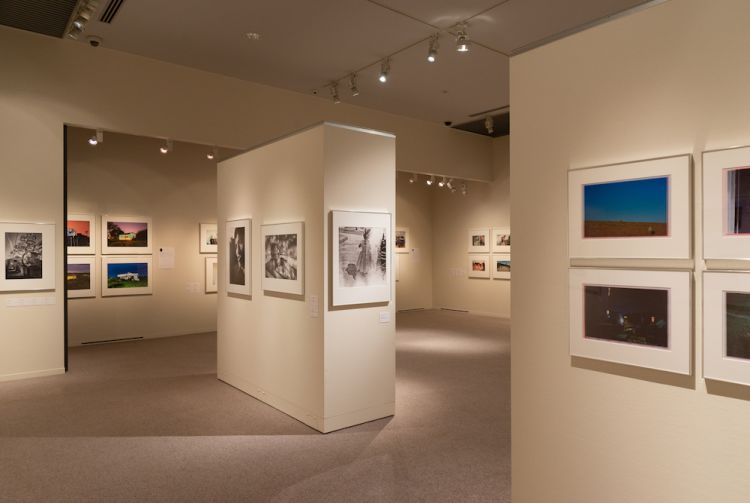
©KMoPA
Globales Denken
K*MoPA ist offen für Fotografen aus Japan und der ganzen Welt. Während sich die Geschichte der Fotografie auf die westliche Welt konzentriert hat, hat sich das Museum anderen Regionen zugewandt wie den APAC-Ländern, Zentralasien und dem Nahen Osten, Osteuropa, Lateinamerika und Afrika, um die einzigartigen Ausdrucksformen der Künstler in diesen Regionen zu präsentieren.































